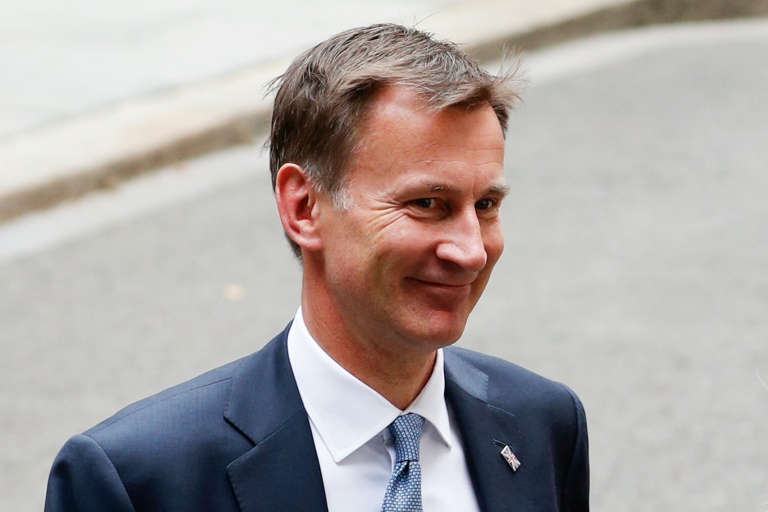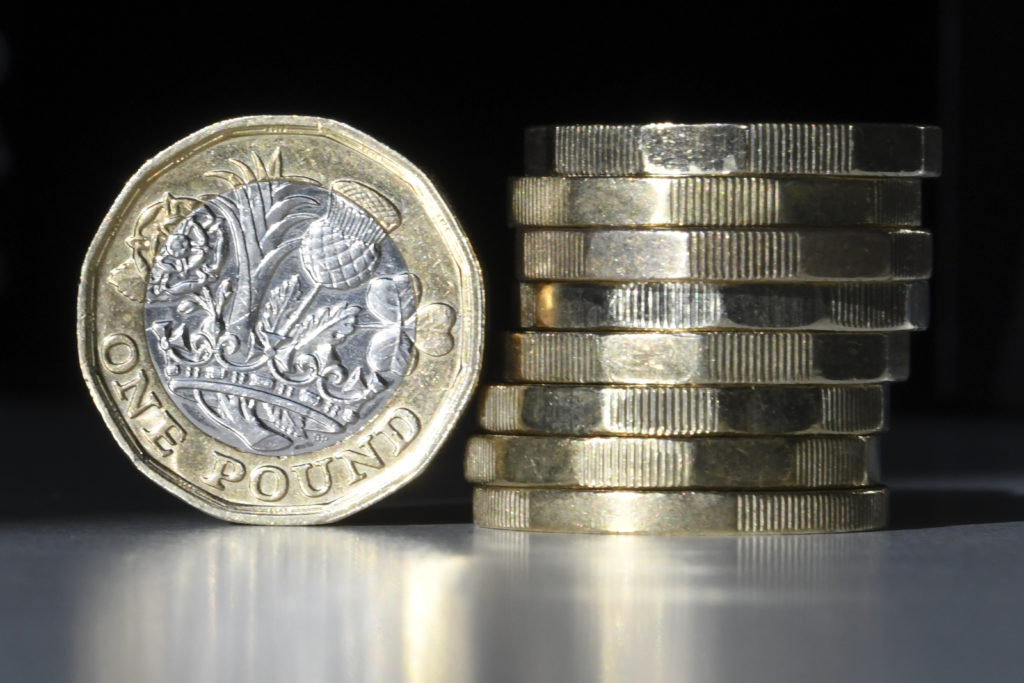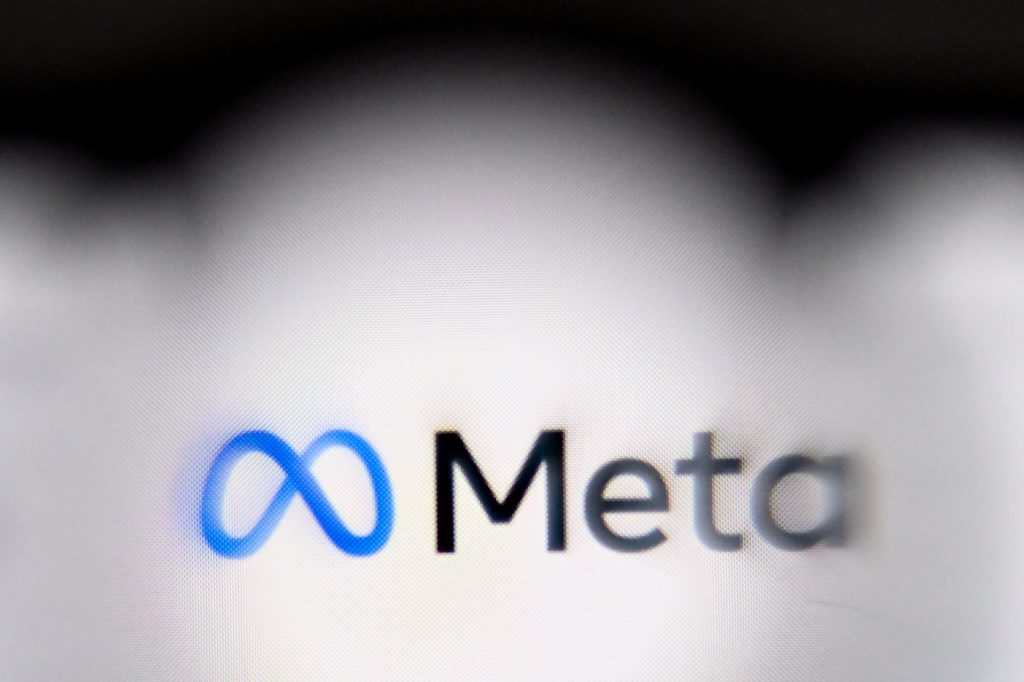Traders cheered Jeremy Hunt's decision to tear up his predecessor's debt-fuelled mini-budget, which sent shivers through markets last month
Equities rose with sterling Tuesday after the UK government scrapped a controversial debt-funded mini-budget that had roiled markets, while traders were also cheered by a broadly positive start to earnings season.
After a volatile few weeks during which the pound hit a record low, new finance minister Jeremy Hunt sought Monday to reassure investors as he unveiled a new spending package, doing away with tax cuts and warning of much lower spending.
The move — which deals a blow to Prime Minister Liz Truss’s authority — sent sterling up as much as two percent at one point and the cost of government borrowing tumbled, while the FTSE 100 jumped.
The positive mood filtered through to other markets, with Wall Street enjoying a much-needed surge, including a more than three percent jump in the Nasdaq.
And most of Asia followed suit, with Tokyo, Hong Kong, Singapore, Mumbai, Bangkok, Sydney, Seoul, Wellington, Taipei, Manila and Jakarta all enjoying a pick-up, though Shanghai dipped.
London opened on the front foot along with Paris and Frankfurt.
The pound was also given an extra boost — at one point topping $1.14 — after a Financial Times report said the Bank of England will likely put off the sale of government bonds again as it looks to maintain market stability.
The Bank had been due to offload the gilts — bought to keep borrowing costs down during the pandemic — from October 6 but delayed that because of the turmoil sparked by the mini-budget, but the FT said it would likely delay again until financial conditions had calmed.
The market gains built on Monday’s rise, though analysts warned that the advances were unlikely to be sustained owing to broader worries about inflation and rising interest rates.
“The last couple of months have been tough for equity markets since peaking towards the end of the summer and a rebound of some kind was going to happen eventually,” said OANDA’s Craig Erlam.
“I’m just not convinced there’s much substance behind it as the economic landscape looks treacherous and we don’t even know if we’re at peak inflation and interest rate pricing yet. Those are substantial headwinds that will make any stock market rebound extremely challenging.”
The latest data out of New Zealand showing inflation remained at a three-decade high underscored the tough job central banks have in bringing prices down, even after several rate hikes.
Commentators said traders have come to the conclusion that a recession is on the way in major economies, with the main question being how bad it will be.
“I think we can stop saying inflation is ‘hotter than expected’ and shift to ‘hotter than hoped’ — because it really does feel like we’re all just crossing our fingers and hoping prices come down,” said Matt Simpson at City Index.
“And in the few cases that they are, it is clearly not fast enough for anyone’s liking. Conversely to the adage about stock market prices, inflation seems to get the elevator up and the escalator down — but not before lingering around the top floor for an extended period of time.”
Markets in China fluctuated a day after authorities delayed the release of third-quarter economic figures, which analysts said were likely to show the weakest growth since the pandemic owing to Covid-19 lockdowns.
The decision comes as the Communist Party holds a key gathering at which President Xi Jinping is expected to be handed a third term.
“Whenever the release occurs, we should all be prepared for some global financial market reaction if the world’s two largest economies are both in recession this year. Especially, as the global economic slowdown remains ongoing,” said Clifford Bennett at ACY Securities.
“While in China, we have a slightly artificially generated risk of recession due to a zero-Covid policy.
“This policy has been confirmed to remain in place indefinitely. This means China will see further economic disruption over the coming year.”
– Key figures around 0810 GMT –
Tokyo – Nikkei 225: UP 1.4 percent at 27,156.14 (close)
Hong Kong – Hang Seng Index: UP 1.8 percent at 16,914.58 (close)
Shanghai – Composite: DOWN 0.1 percent at 3,080.96 (close)
London – FTSE 100: UP 1.1 percent at 6,994.87
Pound/dollar: UP at $1.1357 from $1.1351 on Monday
Dollar/yen: DOWN at 148.99 yen from 149.03 yen
Euro/dollar: UP at $0.9858 from $0.9840
Euro/pound: UP at 86.80 pence from 86.66 pence
West Texas Intermediate: UP 0.4 percent at $85.82 per barrel
Brent North Sea crude: UP 0.3 percent at $91.89 per barrel
New York – Dow: UP 1.9 percent at 30,185.82 (close)
— Bloomberg News contributed to this story —









